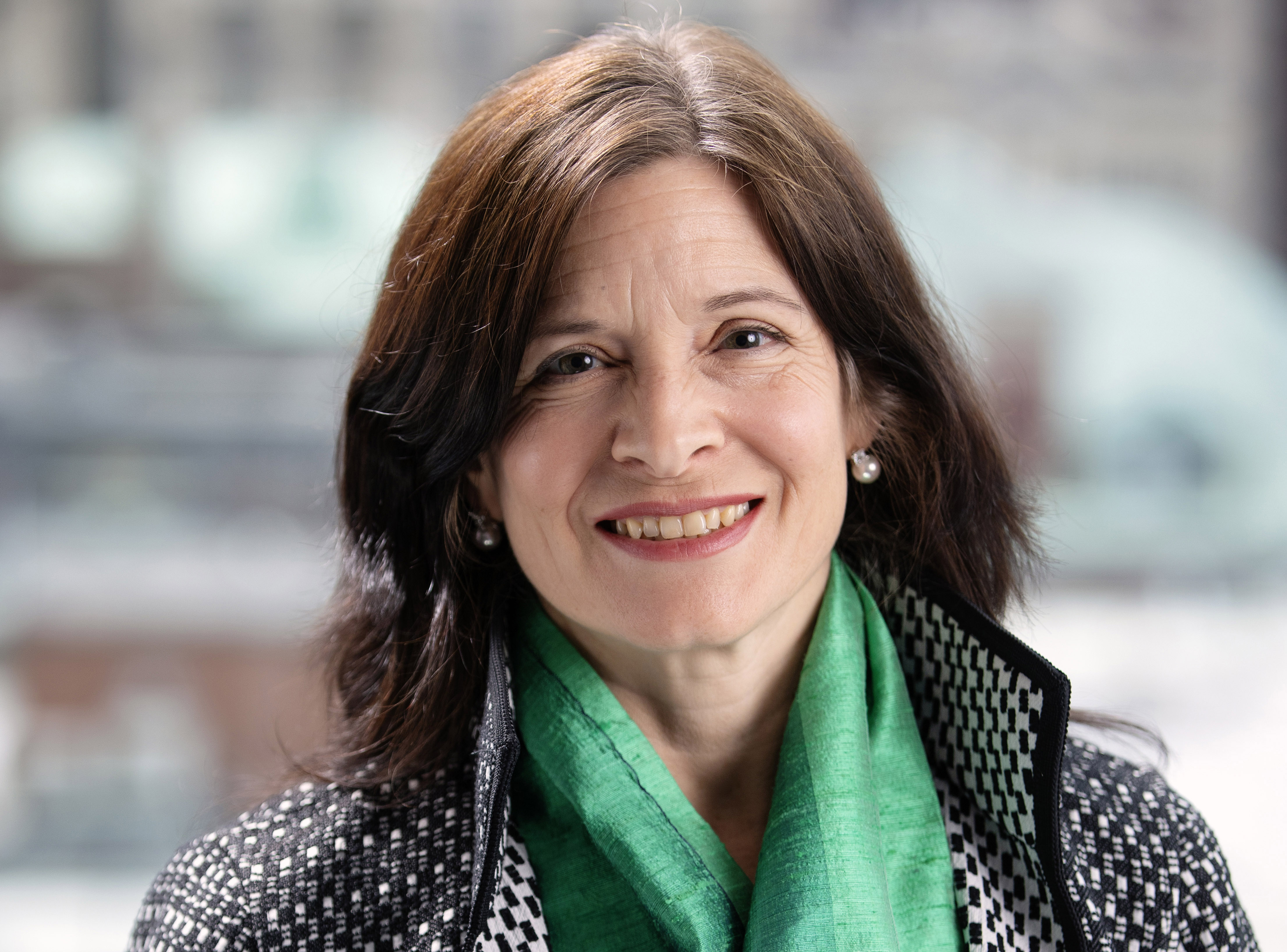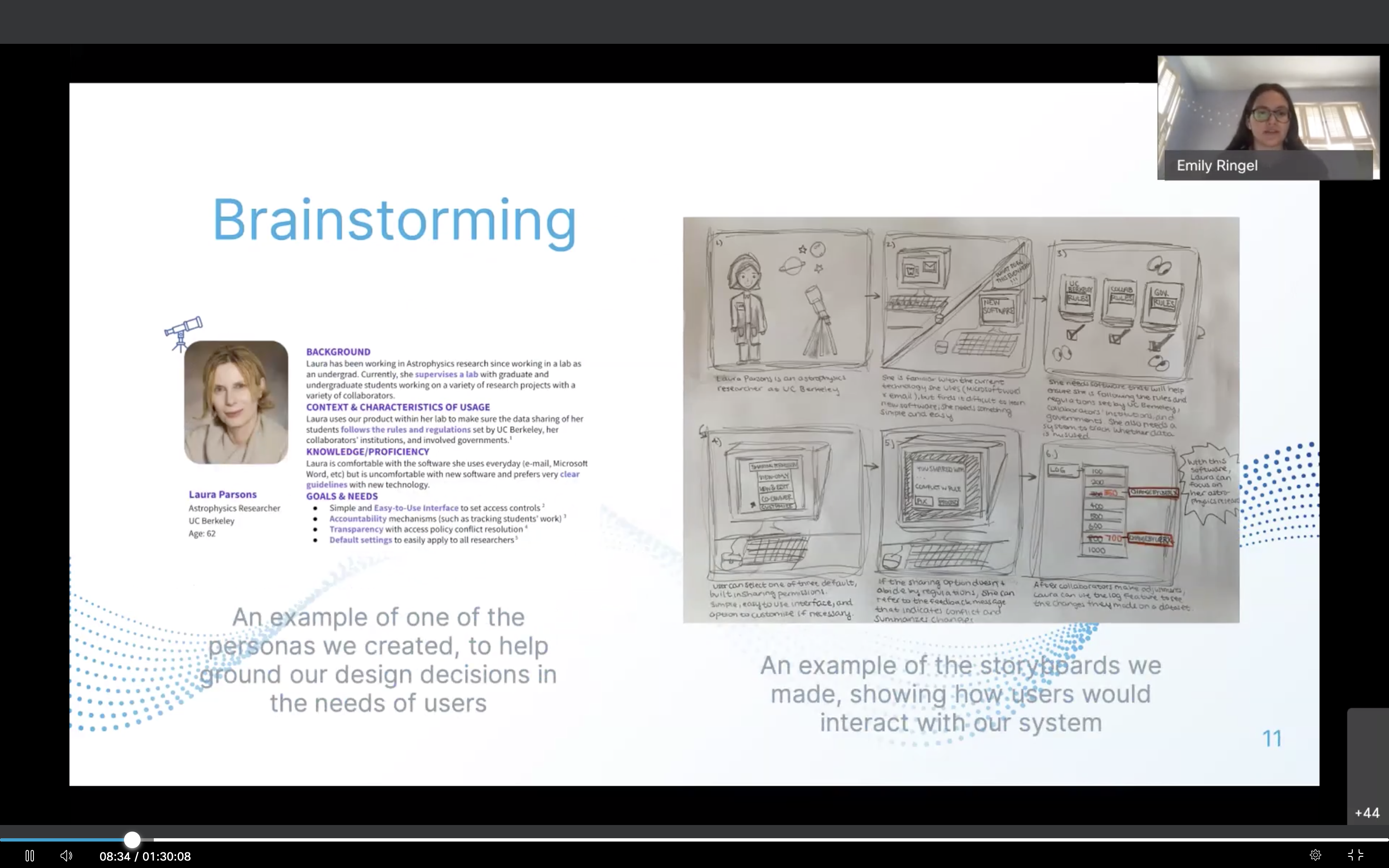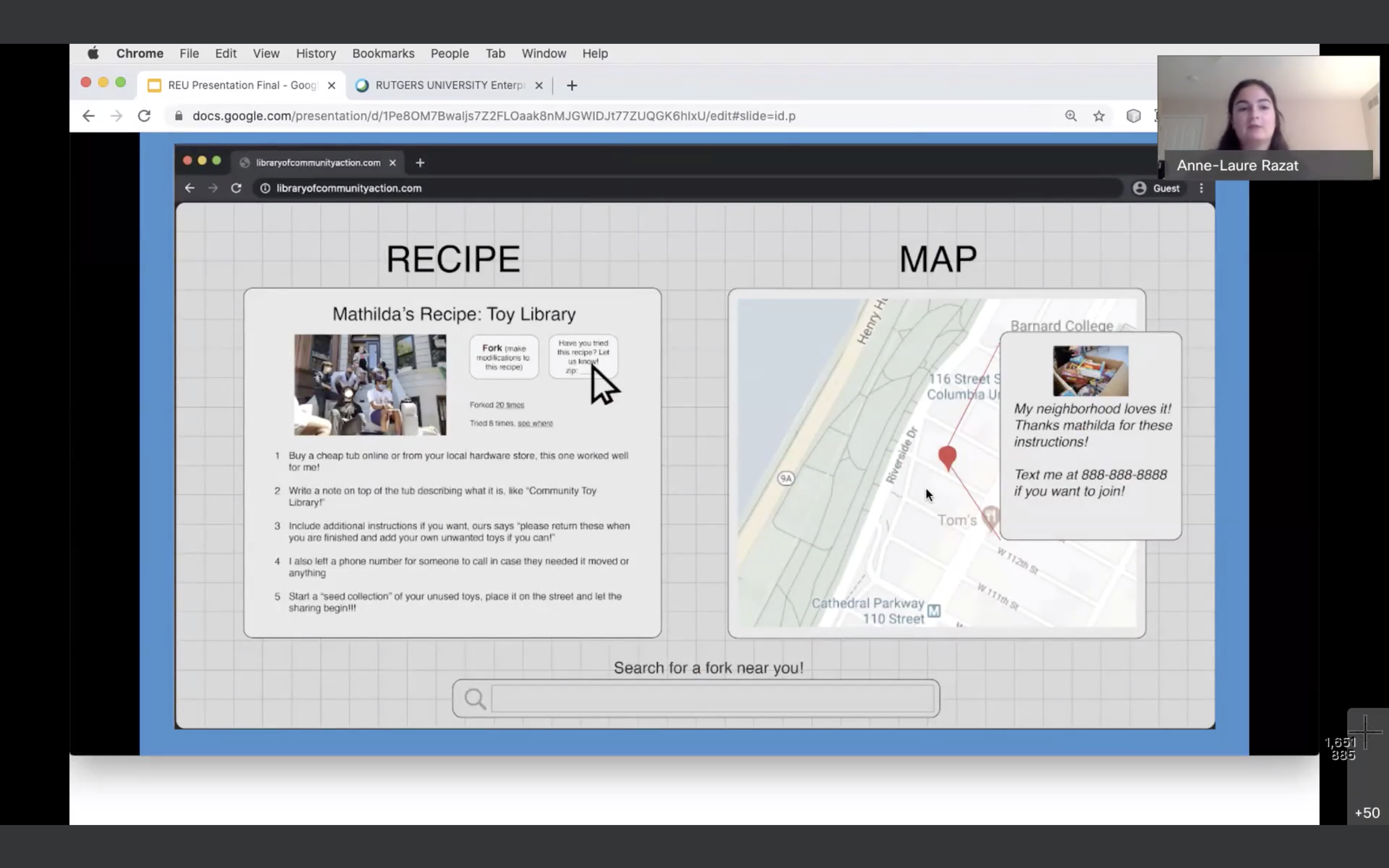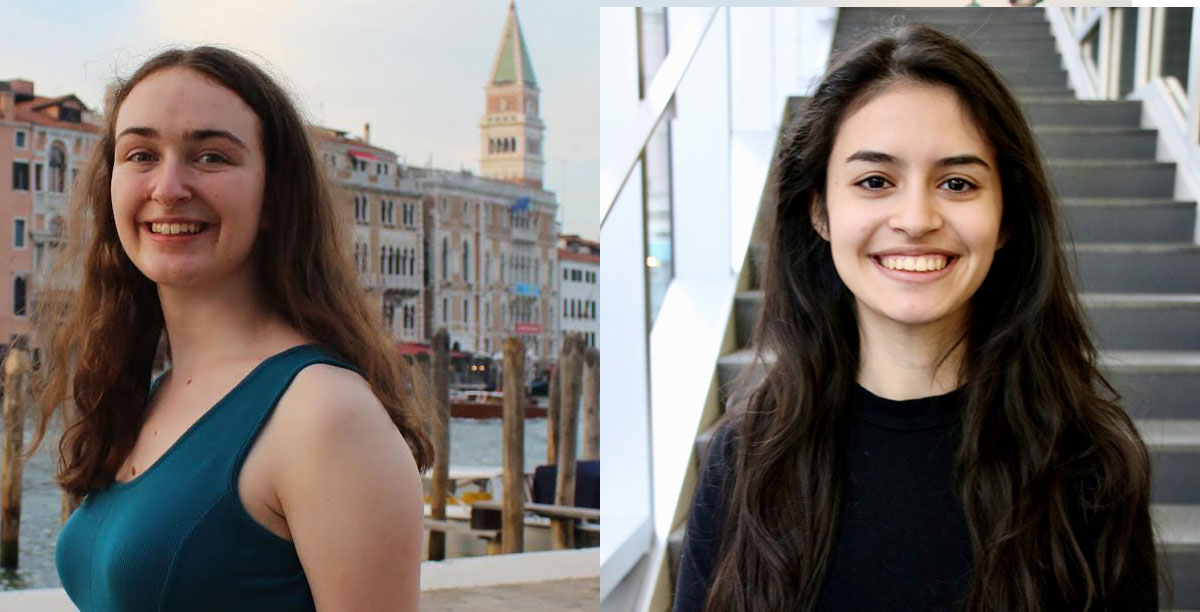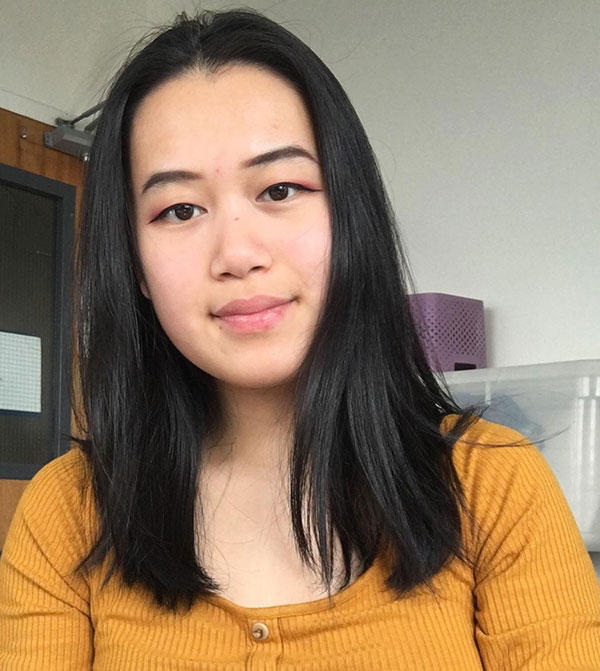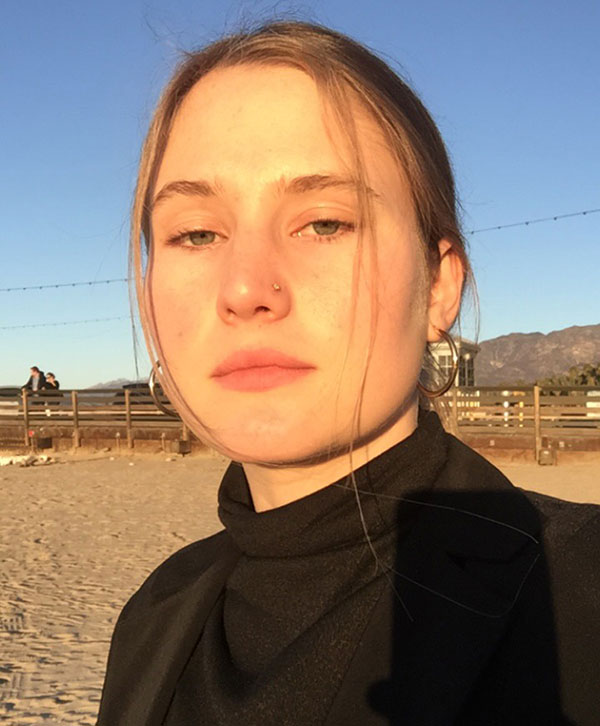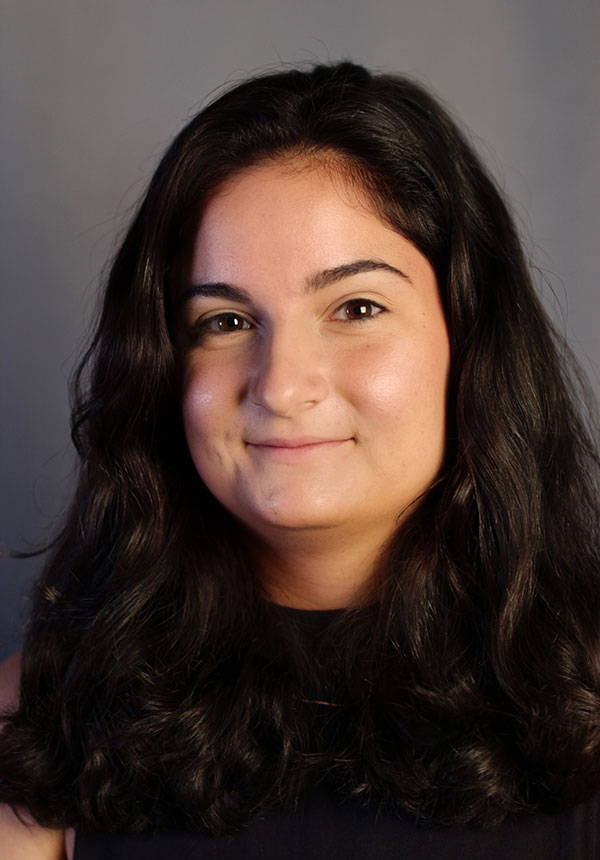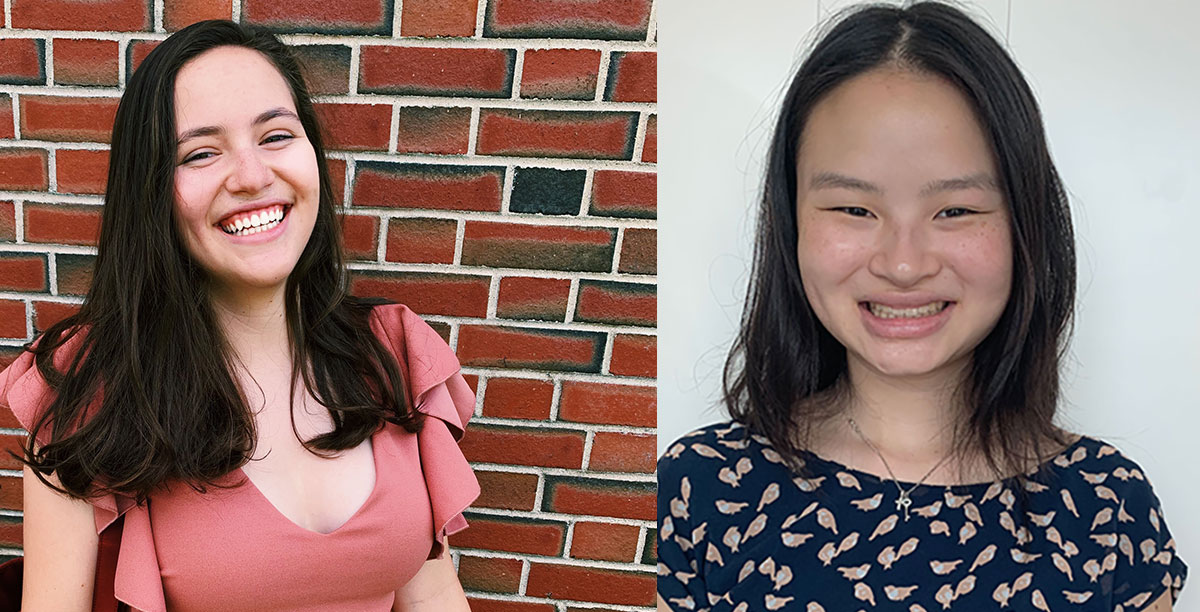On July 24, an inaugural cohort of students in Barnard’s Computer Science Summer Research program presented their research results despite the pandemic necessitating that the program be carried out virtually. At a time when technology has become crucial to work and everyday life, Barnard and Columbia faculty mentored students on an array of computing problems and interests, such as applications of computing and data analysis, understanding technology usage, and computer science education. Students were in frequent communication with their mentors, who guided them through technological hiccups and new discoveries throughout the 10-week program, as well as participating in weekly seminars with national and international faculty, a week-long data science “boot camp,” and other group activities.
“Research experiences are an important part of undergraduate education, as they introduce students to how new knowledge is generated and new ideas are formed,” said the program’s director Rebecca Wright, director of the Vagelos Computational Science Center and Druckenmiller Professor of Computer Science. “In these unusual times, it was particularly important to us to continue plans for student research in computer science. One goal of the program was to give our students the tools they need to envision and create a new and better normal as we move forward, rather than returning to the old normal.”
The research internship program was generously supported by Craig Newmark Philanthropies and the Clare Boothe Luce Program for Women in STEM funded by the Henry Luce Foundation, to create a new generation of computing professionals. The nine students also benefited from the program’s partnership with Rutgers University’s DIMACS (the Center for Discrete Mathematics and Theoretical Computer Science) for combined online events, which helped foster a larger community of student researchers.
“Barnard students have the potential to change the culture and outcomes in tech,” said Wright. “The way that Barnard students learn, in broad ways, enables them to become ambassadors that support change in the world.”
A New Frontier in Computing
While Barnard’s Computer Science (CS) program was established in 2019, the College has long been committed to strengthening the representation of women in computing, through its partnership with Columbia’s Computer Science Department. In keeping with this commitment Barnard was awarded a gift from Northeastern University’s Center for Inclusive Computing in May 2020 to create a new and innovative Computing Fellows program. When it came time to create a modified summer program for remote participation, CS was prepared.
“At Barnard, we work on teaching students how to think, rather than what to think, which enables them to go out and meet new problems with confidence,” said President Sian Leah Beilock. “The remote Computer Science Summer Research Program is an example of the many ways that our students, staff, and faculty have risen to the challenges created by the pandemic. I look forward to seeing how our computer science department continues to be a leader in rethinking old systems during these uncertain times.”
Columbia professor of computer science Henning Schulzrinne, who worked with Jessica Moreira ’22 on a project investigating internet usage during stay-at-home orders from the COVID-19 pandemic, said that even when the cloud service they were using didn’t always cooperate, Moreira remained enthusiastic and persistent. “Research means that the unexpected is to be expected, and there will be setbacks, system malfunctions, or detours,” Schulzrinne said. “But seeing the messy and nonlinear progress of research is very much part of the learning experience.”
Sarah Morrison-Smith, Barnard’s Roman Family Teaching and Research Fellow in computing science, agreed that computing can be messy, even as a mentor. Morrison-Smith, whose research focuses on human-centered computing, mentored Ariel Goldman ’22 and Cindy Espinosa ’22 on their qualitative data analysis project. “The most challenging part was trying to modify the project that I had planned to fit within the constraints of online work,” said Morrison-Smith, adding, “but my students worked hard and frankly surpassed my expectations.”
The Computer Science Summer Research program gave us more independence to take initiative and learn for ourselves, which made the work even more rewarding in the end.
More on students’ computing research below:
Ariel Goldman ’22 and Cindy Espinosa ’22 collaborated on a computer-assisted qualitative data analysis project with a focus on affinity diagramming. Mentored by professor Sarah Morrison-Smith, the pair engaged in virtual lab meetings, met several times one-on-one, and worked with researchers in the DIMACS program at Rutgers University. “Amid the COVID-19 pandemic, working remotely allowed us to reach a range of computer science researchers beyond Barnard,” Espinosa said. Goldman agreed: “I found my remote research work an educational experience. It was rewarding to see the work Cindy and I did come together in the final research paper.”
Sarah Huang ’22 worked on her project, “Analysis of Tweetorials and Hooks,” under the mentorship of Columbia assistant professor of computing Lydia Chilton. By conducting a formative study with 10 participants, Huang was able to dive further into exploring tweetorials and their role in scientific communication on social media platforms.
Francesca Loiodice ’22 researched “Intellectual Humility in Computer Science Students” with mentor Daniel Bauer, a lecturer in Columbia’s Computer Science Department. Of the project, Loiodice wrote, “The purpose of this research is to understand how we can foster intellectual humility in computer science students in order to improve their learning experience.” With the data, Loiodice hopes to better understand the needs of computer science learners.
Jessica De Oliveira Moreira ’22 — under the mentorship of Henning Schulzrinne, Columbia’s Julian Clarence Levi Professor of mathematical methods and computer science and professor of electrical engineering — explored a hot technical topic: internet usage during COVID-19. “The goals of this project [are] understanding how the internet has been impacted by quarantine and lockdown policies and also inferring through data analysis how people’s behavior related to Internet usage in this period has changed,” Moreira wrote on the project’s page.
Shaina Peters ’22 worked on “vasAR: Visualizing Catheters in Real Time in 3D Models.” Her research focused on adding visualization of a live 3D catheter to the vasAR system that health professionals use for noninvasive procedures. Peters started by learning more about complex voice commands for the HoloLens, mixed-reality glasses that are a critical part of vasAR. Peters, who was mentored by Columbia’s professor of computer science Steven Feiner, converted existing MatLab code to Unity, established a standard for storing images for manipulation, and developed a variety of filter functions for manipulating the images.
Anne-Laure Razat ’21, who originally focused on public interest technology and libraries, turned her attention to public interest technology and how to build inclusive computer science communities with mentor Lydia Chilton, assistant professor of computer science at Columbia. “Reading through all my entries up until now, it’s exciting to see how much I’ve accomplished,” Razat reflected on the project page during the program’s final week.
Emily Ringel ’22 spent her summer working with Morrison-Smith on a human-computer interaction project. Alongside partner Morgan Zee ’22, Ringel designed a system that would aid life scientists and their collaborators in setting access control policies for their documents. This system would allow for easier and more efficient data-sharing. “While it was sad to not be doing this project from campus and getting to spend the summer in New York, I thought my mentor and Professor Wright did a great job of creating space for us to connect and meet the other students in the program,” Ringel reflected. Zee, who had her first research experience via the summer program, said that even though she was collaborating virtually from Hong Kong, “it gave us more independence to take initiative and learn for ourselves, which made the work even more rewarding in the end.”
